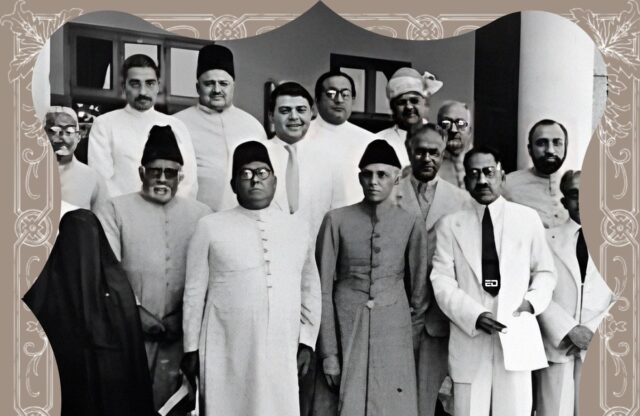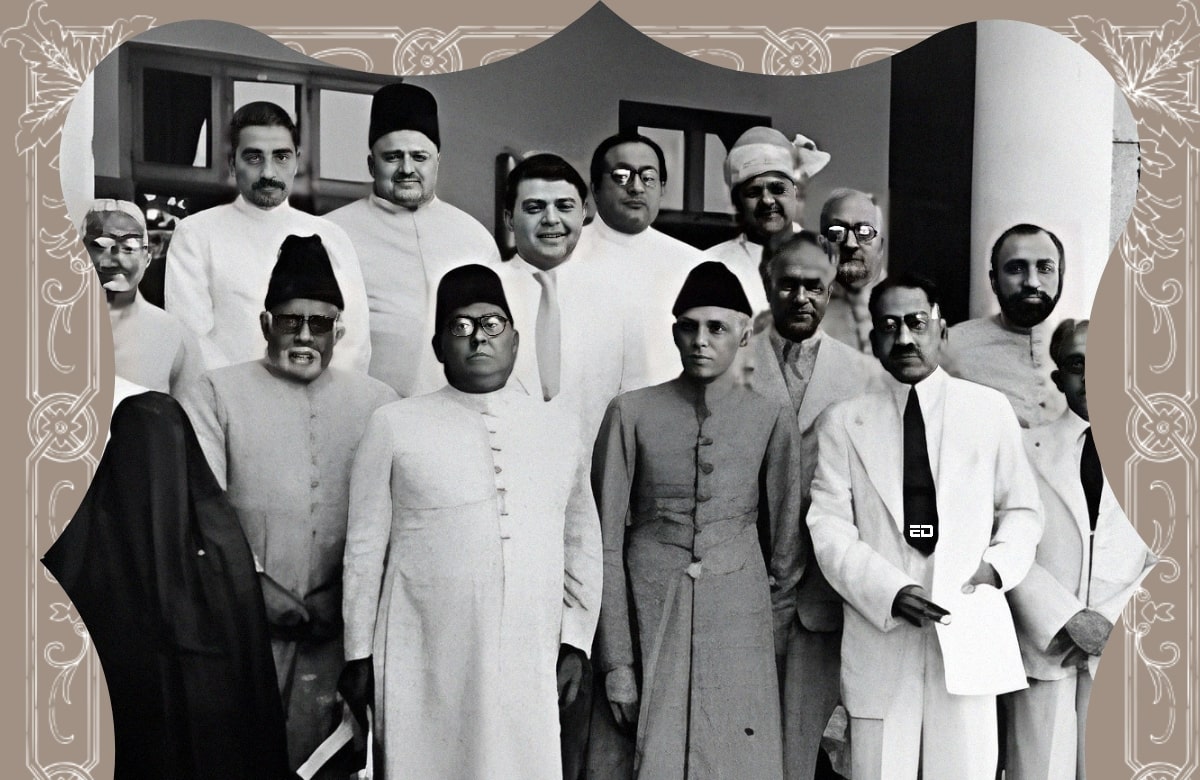Back in Time is ED’s newspaper-like column that reports an incident from the past as though it happened just yesterday. It allows the reader to re-live it several years later, on the date it occurred.
23rd March 1940: In a momentous turn of events today, the All India Muslim League convened in Lahore, marking a significant milestone in the history of the Indian subcontinent. Led by visionary leaders such as Muhammad Ali Jinnah, Sir Muhammad Iqbal, and Liaquat Ali Khan, the Muslim League made a groundbreaking declaration to shape the region’s future trajectory.
The Lahore Resolution, also known as the Pakistan Resolution, stands as a testament to the aspirations and struggles of millions of Muslims across the subcontinent. Today’s resolution calls for the establishment of independent states to safeguard the rights and interests of the Muslim-majority regions within India.
Amidst a backdrop of heightened political tensions and fervent debates, the passage of the Lahore Resolution galvanized communities, igniting a renewed sense of hope and determination for self-determination and autonomy. It signals a pivotal moment in the quest for independence, encapsulating the spirit of resilience and perseverance that defines our collective struggle.

Read More: Back In Time: Today CV Raman Announced His Nobel Prize Winning Discovery 96 Years Back
Postscript
As we commemorate this historic occasion, let us reflect on the significance of the Lahore Resolution in shaping the socio-political landscape of our region. It serves as a reminder of the importance of recognizing and respecting diverse perspectives, fostering inclusivity, and building bridges of understanding amidst the complexities of nation-building.
As we reflect on the Lahore Resolution from the vantage point of 2024, it offers us valuable insights into the trajectory of our shared history. Decades have passed since that pivotal moment in 1940, and the landscape of the Indian subcontinent has undergone significant transformations.
Today, we find ourselves in a world shaped by the consequences of partition and the creation of Pakistan. While the Lahore Resolution marked a crucial step towards securing the rights and aspirations of Muslims in the subcontinent, it also ushered in a period of profound change, marked by migration, communal tensions, and geopolitical realignments.
In the intervening years, both India and Pakistan have navigated complex socio-political challenges, striving to define their national identities and address the legacies of partition. Despite persistent tensions and occasional conflicts, efforts towards peace and reconciliation have also persisted, as leaders and citizens on both sides of the border seek to forge a path towards mutual understanding and cooperation.
Image Credits: Google Images
Feature image designed by Saudamini Seth
Sources: The Indian Express, Britannica, Dawn
Find the blogger: Pragya Damani
This post is tagged under: Lahore Resolution, All India Muslim League, Muhammad Ali Jinnah, Sir Muhammad Iqbal, Liaquat Ali Khan, Partition of India, Pakistan, Independence Movement, South Asian History, Geopolitics, Communalism, Unity, Dialogue, Cooperation, Peacebuilding, Historical Reflection, 20th Century History, Legacy, Reconciliation, Socio-political Transformation, Contemporary Perspectives, Global Challenges.
Disclaimer: We do not hold any right, or copyright over any of the images used, these have been taken from Google. In case of credits or removal, the owner may kindly mail us.
Other Recommendations:
Back In Time: India Becomes Sixth Country To Launch Nuclear Submarine Today































